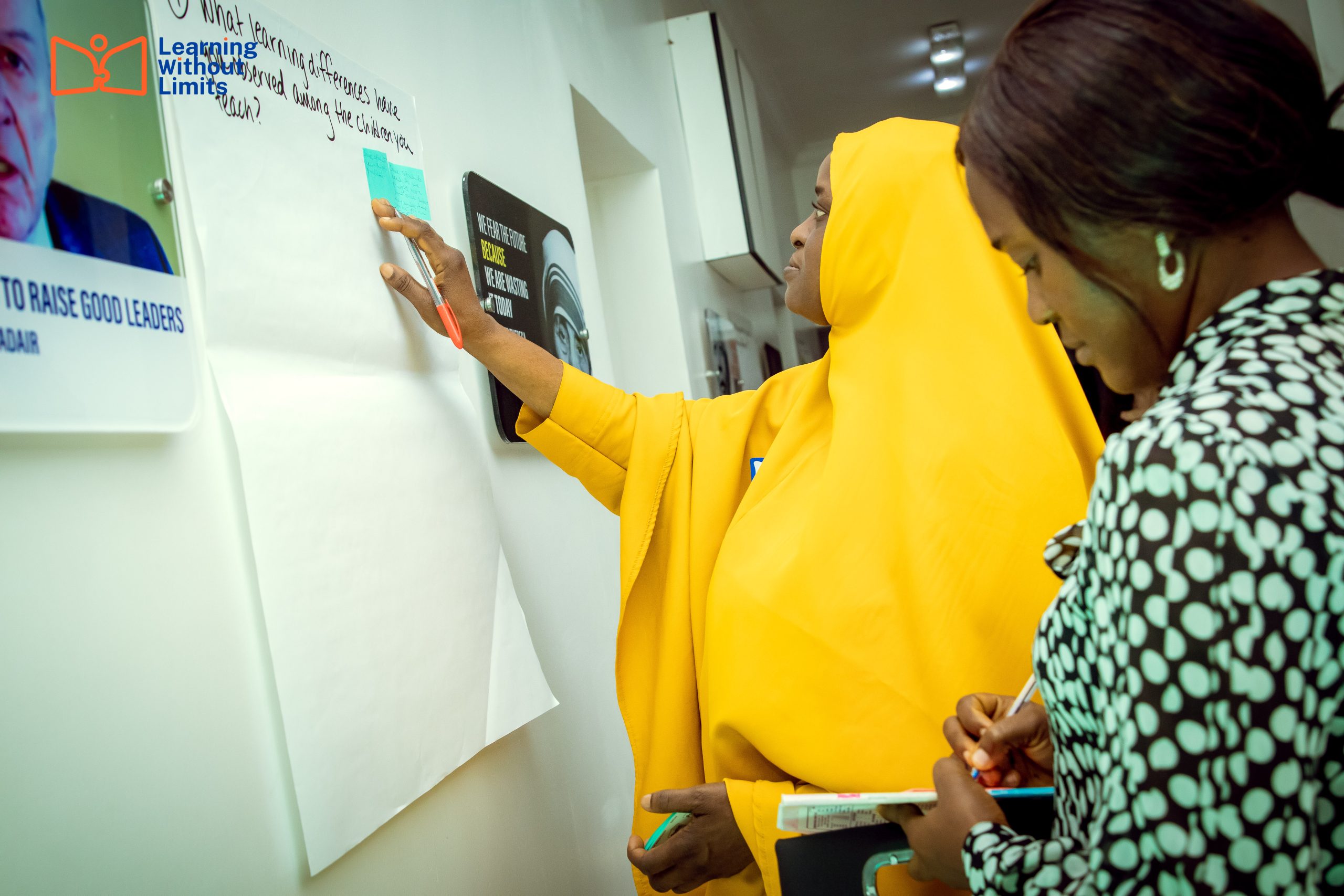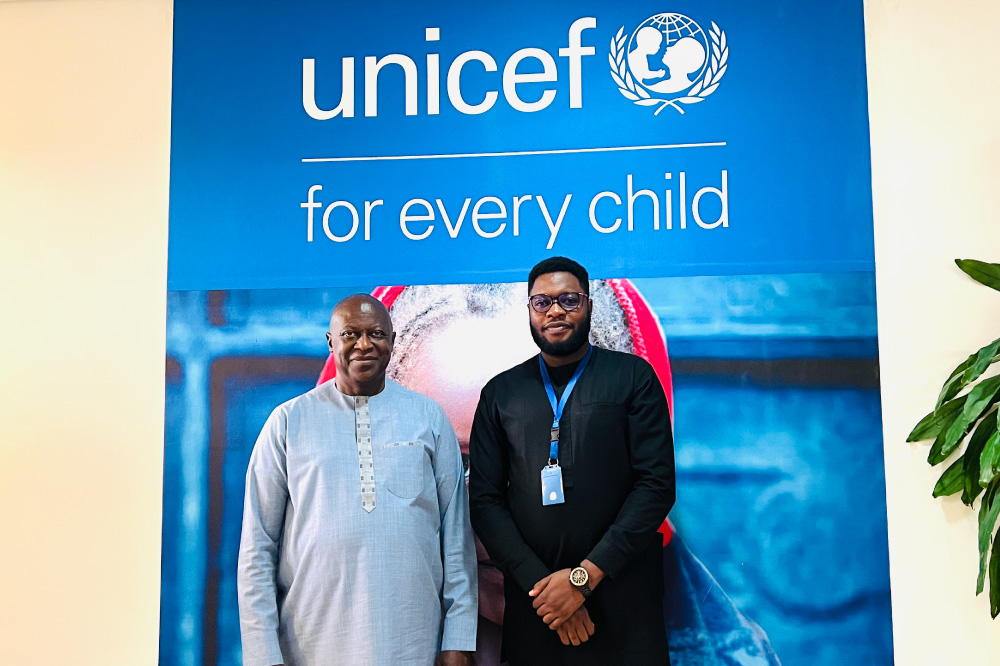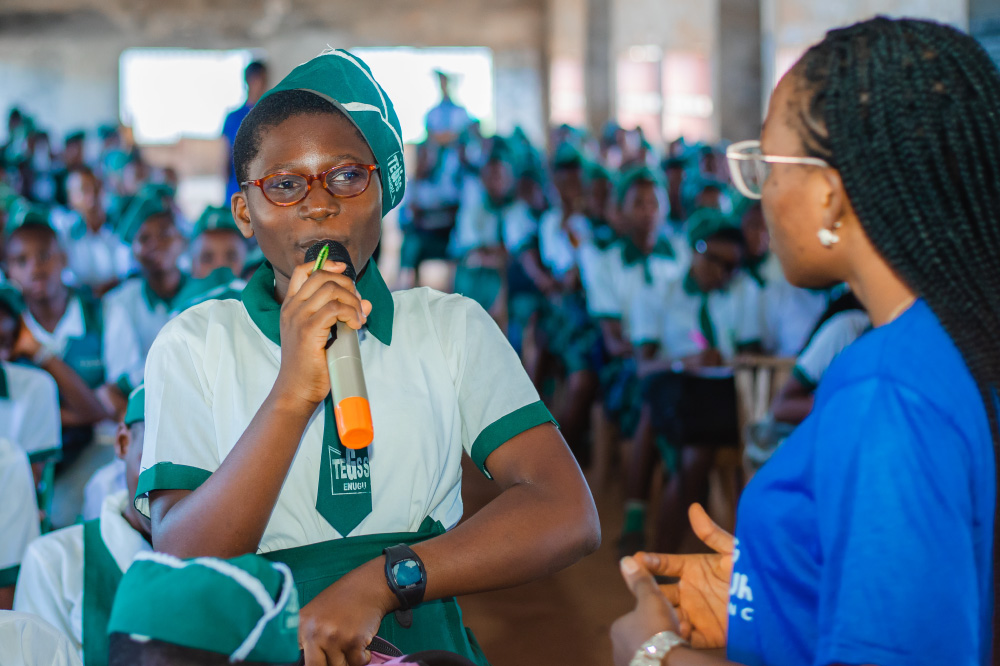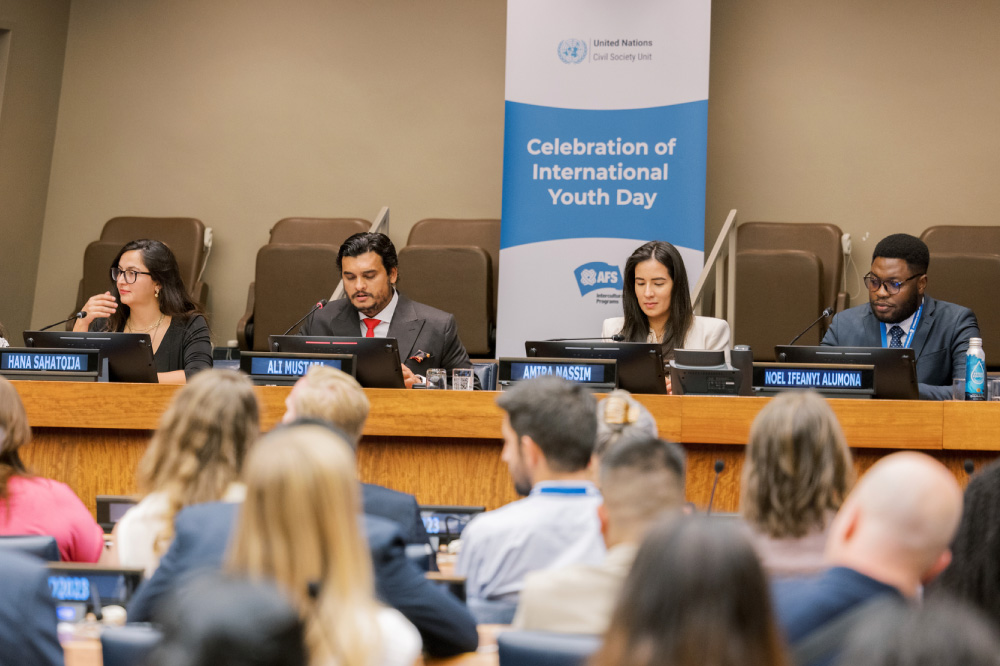A global alliance to support girls and children with learning differences and trauma.

Who we are
Learning Without Limits is more than an initiative, it is a time-sensitive global movement and alliance championed by the people who care most about how children learn, evolve, and thrive. These are educators, families, civil society organizations, researchers, practitioners, advocates, and children themselves who are committed to a global community of equitable and sustainable learning outcomes for ALL.
For the first time ever, these changemakers have the chance to create a global vision for the future of more than 400 million children with trauma and learning differences, and a roadmap to creating a sustainable, thriving future for them. Learning Without Limits understands that children learn differently, and having the right support can change their lives.
Our Vision
Equitable schools and communities where all students thrive regardless of learning differences and adverse childhood experiences.
Our Mission
To realize equity in education where everyone belongs by bringing the world together to champion initiatives, advocacy efforts, and investments that mitigate toxic stress and improve learning outcomes for children of all backgrounds and experiences, while centering student voices.
Learning is changing and we’re catalyzing solutions to meet the needs of children with learning differences and childhood trauma.
Countries:
Kenya, Nigeria and Uganda
Our Why
It is no longer a question of whether Adverse Childhood Experiences (ACEs), trauma, and inequity in special education supports negatively affect academic achievement and the future well-being of children and students with learning differences. The question now is how do we support processes and influence systems to embrace and adopt the enabling conditions that meet the needs of children and students with the fewest opportunities. At Learning Without Limits, we specialize in the how.
The Problem
It is no longer a question of whether Adverse Childhood Experiences (ACEs), trauma, and inequity in special education support affect academic achievements and future well-being for children and students with learning differences. The question now is how do we support processes and influence systems to embrace and adopt enabling conditions to meet the needs of children and students furthest from opportunities. At Learning Without Limits, we specialize in the how.
We are on a mission to ensure all children, regardless of learning differences or trauma, have access to a safe, inclusive, and high-quality education. The number of children with disabilities globally is estimated at almost 500 million. This mission becomes even more critical when we look at the vast disparities faced by children in the Global South. While developed nations grapple with supporting a significant portion of their student population with learning differences, the situation in developing countries paints a far bleaker picture.
Sub-saharan Africa and South Asia account for more than half of the children with disabilities globally. In Nigeria, literacy remains a critical issue, with 70% of children in Nigeria struggling to read with meaning or solve simple math problems, according to the World Bank. Only 49% and 55% of children in school achieve basic proficiency in literacy and numeracy, respectively. Literacy rates are as low as 38% in the Northwest and 42% in the Northeast for young women compared to 57% in the Northwest and 53% in the Northeast for young men. Only 14% of young women from the poorest quintile are literate. The challenge begins early for children with adverse childhood experiences and learning disabilities, with formal primary school systems facing significant challenges due to limited teacher time and resources, preventing kids from developing strong reading and writing abilities.
Imagine a world where millions of children struggling with learning differences are simply unseen. This is the harsh reality in Sub-Saharan Africa and South Asia, where an estimated half a billion children with disabilities exist. Unlike developed nations with established data collection systems, these regions often lack any central records or databases for children with learning difficulties or emotional disabilities. This creates a crisis of invisibility – children who could benefit from support fall through the cracks, their needs unrecognized and unmet.
Even if a child is identified as having learning differences, the support systems they desperately need are often non-existent. Educators in these regions frequently lack the information and training necessary to effectively identify and support students with learning challenges. There is a dearth of appropriate approaches and resources specifically tailored to address these children’s unique needs. The result? These students are left to navigate a challenging academic landscape without proper guidance, often leading to frustration, disengagement, and ultimately, a diminished chance of reaching their full potential.
Adding another layer of complexity is the deeply entrenched stigma surrounding learning differences and childhood trauma in many developing countries. These experiences are often misunderstood, leading to social isolation and a reluctance to seek help. This stigma not only impacts the child’s well-being but also discourages parents from advocating for their children’s needs, perpetuating a cycle of exclusion and marginalization.
What We Do
Learning Without Limits tackles the crisis of unseen and unsupported children with trauma and learning differences in the Global South by equipping stakeholders with the knowledge and resources to support these students’ unique needs. Our multi-pronged/multi-faceted approach ensures a brighter future where all children thrive.
Our Focus on Global South
Learning Without Limits prioritizes the Global South because the need is most acute. We begin our work in Uganda, Nigeria, and Kenya due to their large populations, established education systems, and a growing awareness of the challenges faced by children with learning differences.
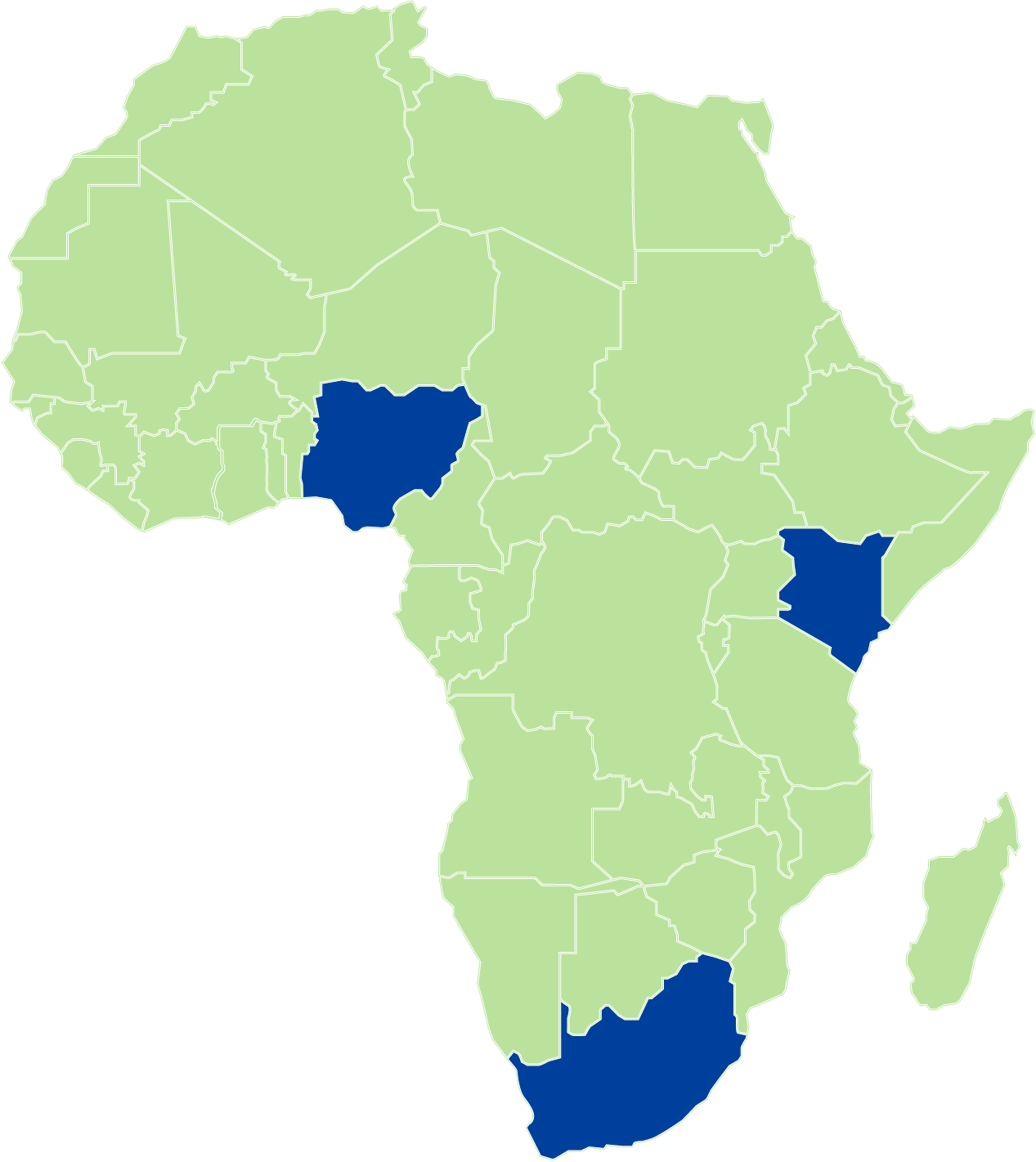
This is a global challenge that will hurt our collective future if not mitigated. We are changing that and putting inclusion a the heart of education.
Our How
Our RECAP Strategy guides the future of our work and helps us envision how we strengthen communities and stakeholders, and pool resources for rapid actions to improve learning outcomes for all children.
Programming & Partnerships
This piece of the RECAP strategy centers around program development and partnerships. Here, Learning Without Limits takes a direct approach through developing and implementing impactful programs that improve learning outcomes for children with learning differences and those who have experienced trauma. Programs and partnerships also extend to supporting families and preventing abuse. However, Learning Without Limits understands we can’t go it alone. By pooling resources, regranting/subgranting and collaborating with local organizations working in this area, we expand our reach and impact. Furthermore, we partner with governments and institutions to push for systemic changes in educational systems. This involves advocating for policy adoption and grantmaking initiatives to support these efforts, and partnering with teacher-training institutes, universities and Ministries of Education and Health to initiate, share and adopt innovative solutions. This collaborative approach ensures long-lasting improvements that benefit future generations.
Our People
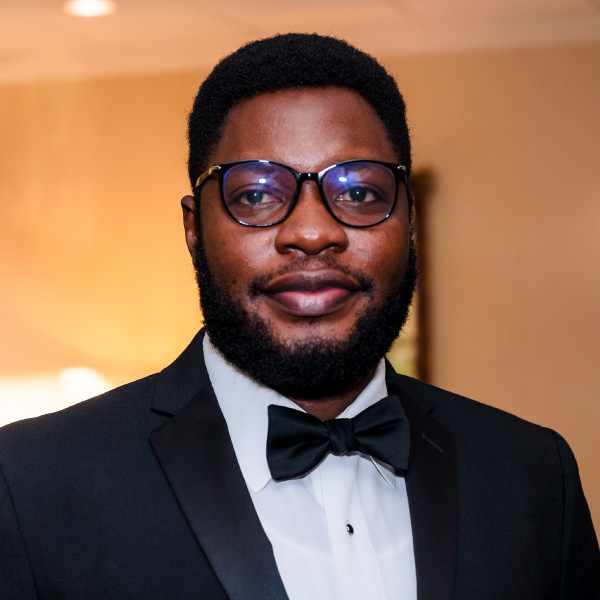
Noel Ifeanyi Alumona, M.Ed
CO-Founder, Learning Without Limits
Nigeria
Bio
Noel is an award-winning special education expert and social entrepreneur with a specific interest in empowering youth and diverse populations, and supporting children with learning differences and emotional disabilities. With over 12 years of experience in nonprofit management, Noel has extensive executive experience in youth development, civic engagement, education, climate change, social justice and in leading teams built for purpose.
As founder and CEO of Hope for African Children, Noel is laser-focused on demanding systemic change by driving more support and fronting an amplified voice on issues affecting children with disabilities and girls’ education, health and well-being.
Noel is also the founder of Boys Champions, a women-and-youth-led nonprofit organization that partners with the UN Women and Nigeria’s Ministry of Gender and Women Affairs to build a more equitable world by bridging the equality divide and addressing all forms of violence against women and girls with specific emphasis on domestic and family violence, sexual and gender-based violence and harmful practices. In 2022, Noel was named the first African to win the American Field Service (AFS) Award for Young Global Citizens at the AFS Youth Assembly in New York, for his work with Boys Champions.
Noel, who also supports Metro Nashville Public Schools in Nashville, Tennessee, as a Specialist, Trauma Informed Schools, is skilled at leading programs that drive sustainable impacts in communities. Noel holds a M.Ed in Special Education and Teaching from Vanderbilt University, USA, and a B.A. in Philosophy of Education from the Pontificia Universitas Urbaniana, Rome, Italy.
In his free time, Noel can always be found playing badminton or checking the new restaurant in the next street.
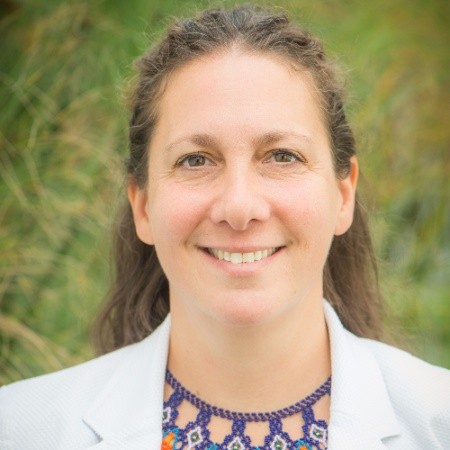
Alison Milofsky, PhD
CO-Founder, Learning Without Limits
United States
Bio
Alison Milofsky Mojto is Founder and President of Peace in Praxis, LLC, a small business that bridges theory and practice for transformative learning experiences. Peace in Praxis’ work is guided by the belief that relationships matter and that curiosity is fundamental in shifting how we understand and engage with one another.
Previously, Dr. Mojto was Director of Curriculum and Training Design at the United States Institute of Peace (USIP) where she oversaw the design and implementation of education and training programs rooted in sound pedagogy.
Prior to her time at USIP, Dr. Mojto was Associate Director of the Anti-Defamation League’s Washington, DC office where she managed education and training programs, including the A WORLD OF DIFFERENCE Institute, an anti-bias education program for teachers and students. Additionally, Dr. Mojto served as a Peace Corps Volunteer in the Slovak Republic. Where she was a teacher trainer in the pedagogical faculty of a university.
Dr. Mojto has more than 25 years of experience implementing anti-bias and conflict transformation programs in 36 countries throughout Latin America, the Middle East, Africa, and Asia, partnering with audiences ranging from UN Peacekeepers to civil society actors, educators, and youth leaders.
Dr. Mojto holds a PhD in education policy with a specialization in curriculum theory and development from the University of Maryland, a M.Ed in TESOL from the University of Maryland, and a B.A. in French Literature from McGill University.

